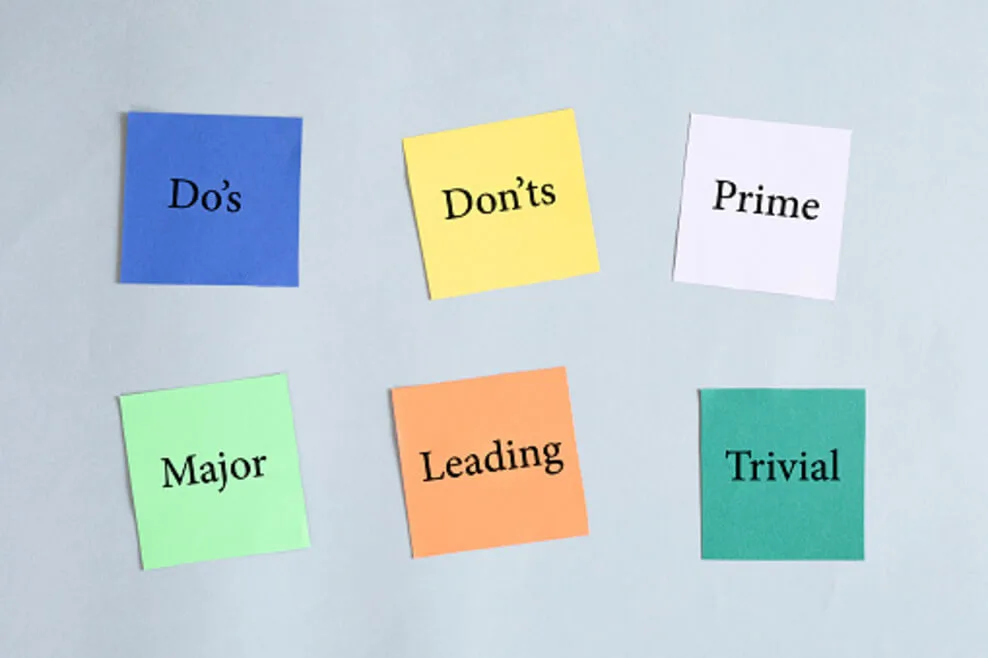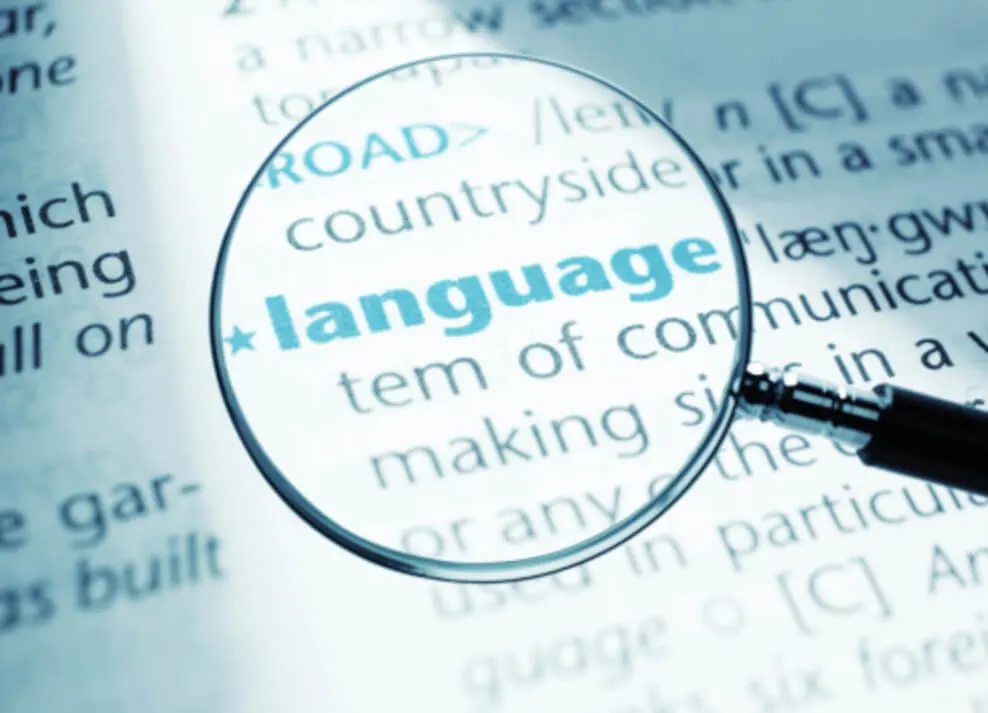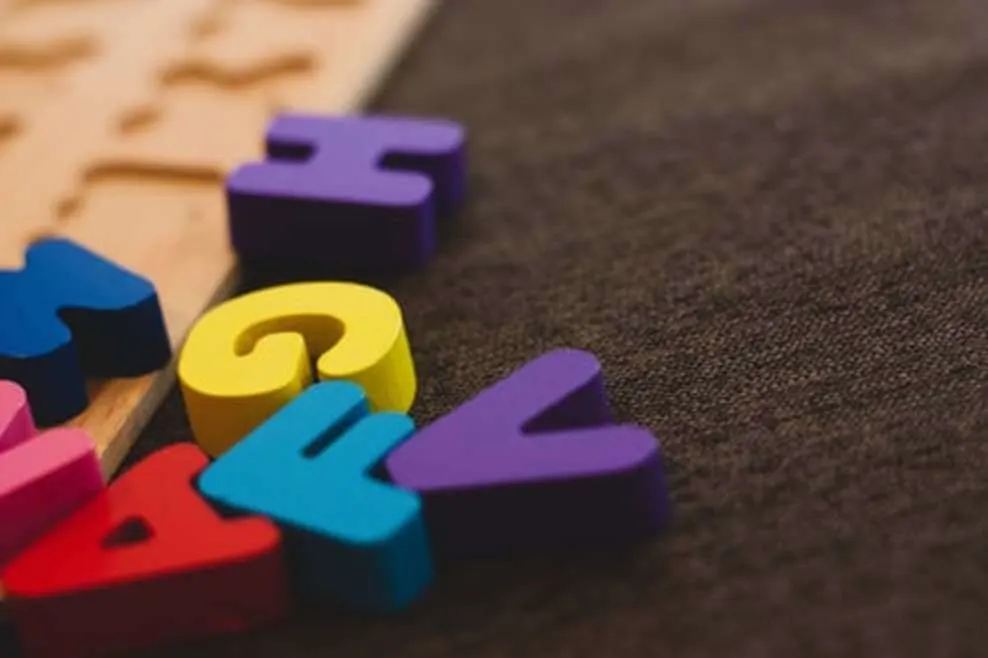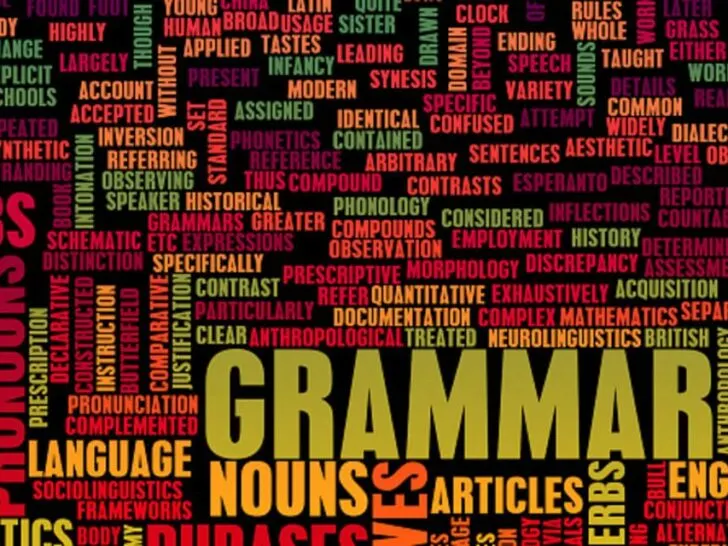21 years old and 21-year-old are two ways of representing age. Whenever someone is asked about their age, these two types of answers are usually given. There is ambiguity about using these two different styles for a single answer, and there are some differences between them too.
One of these is grammatically correct, while the other is wrong and is an adjective, not a verb or a noun. I am here to solve the confusion regarding the use of both sentences. You will get to know the correct style along with the grammatical errors made by various people.
Let’s get started.
Why do some people use “21 years old” instead of “21-year-old”?
It is because “21 years old” is a noun phrase, as in “I am 21 years old,” and thus does not require hyphens, whereas “21-year-old” is an adjective phrase, as in “She is a 21-year-old woman,” and thus does require hyphens because it describes a noun as a hyphenated unit.
People use these phrases according to the context. 21-year-old is an adjective that is issued as a single word in the hyphenated form, while 21 years old are three different words, referring to the age of a person but as a noun.
An adjective and a noun determined how and when to use these phrases.
What are the distinctions between “21-year-old” and “21 years old”?
Adjectives are not used as plurals. Similarly, a hyphenated compound adjective is singular.
As a noun, it is used as:
A 21-year-old man or maybe there is a group of 21-year-old females sitting together.
If the phrase isn’t being used as an adjective, then
The pretty lady is 21 years old.
It is dependent on context and placement within the sentence about the noun or verb.
He’s a 23-year-old man with the height of a 27-year-old.
I will quote some examples that might help you get a broader meaning for both phrases.
- He has a 22-year-old son.
- She belongs to the age group of 10-to 12-year-olds.
As a predicate, use “21 years old.” She is 23 years old.
- The young lady looks like she is 21 years old.
- The woman blamed for the murder was 21 years old.
As an adjective, it is used with hyphens, such as “[x]-year-old”:
She’s a 22-year-old with the flawless skin of a 10-year-old
Can you tell the difference between the two phrases?

Which is correct, 21-year-old or 21-year-old?
It depends on how we use it. Both are correct in either way.
If she is referred to as being 21 years old, then it is correct too.
While she is a 21-year-old artist, it is also correct.
However, she is 21 years old, which is incorrect.
Using as an adjective requires hyphens, and using as a noun needs no hyphens to be written.
They are both correct. It is determined by how you use them in your sentence.
She is an 18-year-old artist.
She is 18 years old and wants to open an art studio.
When you say 18 years old, it turns into a noun. That’s why, in the preceding example, I used the word ‘an’ before it.
You’re measuring something when you say 18 years old. As a result, it is an adjective.
English is a language of perception and knowledge, it gains success with reading and writing. You make mistakes and learn.
Learn before you write.
How can you use 18-year-old and 18 years old?
The phrase “18 year old” is used as an adjective collectively. The phrase “he is an 18-year-old boy” is used as an adjective for the child in the sentence “he is an 18-year-old boy.”
“18 years old” is simply a way of expressing someone’s or something’s age. It is almost always the predicate. For example, this house is 15 years old.
There are two ways to answer this question.
For example, I am an 18-year-old graduate looking for work.
He is 18 years old and is thinking about joining a gym.
So, depending on how they are used, both “18 year old” and “18 year old” are is correct.

This table shows some of the correct and incorrect ways to write a sentence.
| Correct | Incorrect |
| My nephew is 8 years old. | My nephew is 8-years-old. |
| She is an 8-year-old woman | She is an 8 years old woman. |
| My six-year-old daughter is starting school next week | My 6 years old daughter is starting her school next week |
| My father just turned 50 years old. | My father just turned 50-year-old. |
| That 20-year-old girl seems a passionate writer | That 20 year old girl is a passionate writer. |
Which is correct grammatically: I am 19 years old or I am 19 years old?
When a number denotes more than one, it denotes the plural. In this case, 19 denotes more than one. So the answer is 19 years old.
While using them, we have two choices:
She is nineteen years old, or a girl of nineteen years old.
It is determined by what you add to the phrase.
As in, “I am a 19-year-old high school student.
I am a 23-year-old software developer.
You can observe the difference, as one is used as an adjective and the other one as a noun.
Similarly, in the following examples:
This vehicle is over 40 years old.
My age is 19 years.
This vehicle is 40 years old.
I hope you understand the distinction.
When we talk about houses, we talk about how old they are or were. For grandfather’s house is 50 years old and grandfather is 70 years old, but the house is a nonliving object.
When we say I am 30 years old, we mean I am a nonliving thing that is 30 years old, such as furniture, a vehicle, a house, a city, and so on.

Which of the following is grammatically correct in this context: ‘year old’ or ‘years old’?
People make a lot of mistakes while using participles and articles in the English Language.
She is one year old, which is incorrect.
This vehicle is eight years old. It is correct.
The bike is eight years old, which is incorrect.
When used as part of a single adjective phrase, the “year-old” is always singular and hyphenated.
Because the word ‘years’ is plural, you use it when referring to more than one year, as in
'Michael is three years old!' or 'I've had that hood for a long time; it's probably over six years old.' Ages are separated by hyphens. Hyphens in ages work the same way as they do in any other compound adjective as written in the above example. Where words work together to describe something: use hyphens if the age comes before the noun. Don't do it if it's after.
She is a two-year-old girl – In this example, the “two-year-old” phrase is describing the girl, so is an adjective.
How do we use Hyphenated versions and how not?
Year old and years old are idioms.
The baron purchased a three-year-old colt. In this case, age should be connected to age.
The child is one year old and has four teeth. Hyphens should be used to make this sentence a correct one.
Years can be connected to old with the hyphen because he didn’t know the age. It is very important.
If the term is used as a compound adjective, the singular “year” is preferred in American usage.“He’s acting like a two-year-old brat,” you’d say. I’ve seen writing — usually British — that uses the plural, but it sounds clumsy to me.
It is determined by the sentence.
He is just one year old, this is correct. Here we need not use hyphens.
He is a twelve-year-old boy.
What age are you?
It is determined by the number of years. If a person is one year old, he or she is one year old. If the person has been alive for more than a year, they are years old – two years old, twenty years old, and so on.
The answer is determined by whether the phrase is used as an adjective or a noun. When the phrase serves as an adjective following the verb in a sentence’s predicate, it is not hyphenated.
Last year, Carolyn was 47 years old. In this sentence, “47-year-old” is a noun.
Carolyn, a mother, and wife are 48 years old. (“48-year-old” is an adjective in this context.)
Her twin boys are now in their early twenties.
Her twin boys are now 18 years old. "18-year-olds" is a proper noun.
Both are correct but in different situations.
I am a four-year-old young man.
The phrase “years old” appears in the predicate position. This means that it comes after the verb to be and not before anything else. The house was built fifteen years ago.
The word year-old appears before a noun; consider it a type of adjective. A fifteen-year-old residence.
The examples above show us how to indicate that the words are forming a type of compound. Practically hyphenation is haphazard and may or may not be visible.
Final Thoughts
In conclusion, “21-years-old” and “21-year-old” are two different phrases in terms of their usage. However, people use these to answer a common question regarding their age. But 21-year-old is used as an adjective, and 21 years old is a noun.
It is not only a matter of phrases but also of predicates and adjectives. Hyphens are a part of the concern to know which one is correct and which is incorrect. The hyphenated version is used to refer to a noun or to describe a noun. On the other hand, the non-hyphenated phrase is a noun itself.
There are so many examples that help us understand the distinction. All the examples refer to the noun and adjectives, with hyphens. It helps us to know which one is grammatically correct and how we can rectify our mistakes by learning the correct usage of all the phrases in our daily lives.
Other Articles
- Scots vs, Irish
- The Difference Between Popular Anime Genres
- Possible and Plausible (Which One to use?)
Click here to see the summarized version of the article in the form of a web story.

